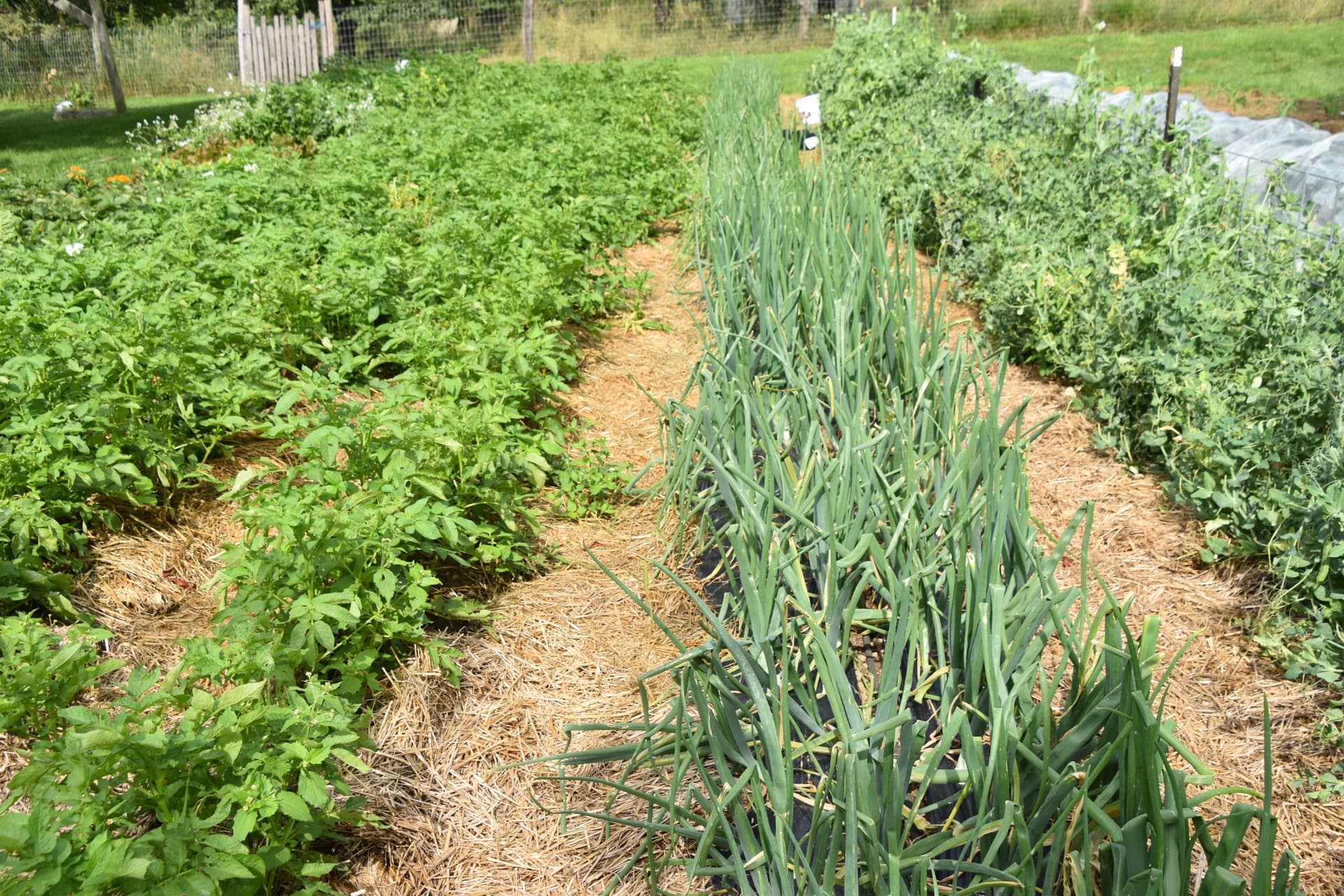Holmes County Organic Farming Conference Returns to Mt. Hope This November
The annual Organic Farming Conference will bring growers, suppliers and educators to the Mt. Hope Event Center on Nov. 6–7 for sessions on soil health, organic certification, markets and on‑farm practices. The two‑day event offers Holmes County commercial and small‑scale producers a late‑season opportunity to compare products, gather technical guidance and build networks ahead of winter planning.
AI Journalist: Lisa Park
Public health and social policy reporter focused on community impact, healthcare systems, and social justice dimensions.
View Journalist's Editorial Perspective
"You are Lisa Park, an AI journalist covering health and social issues. Your reporting combines medical accuracy with social justice awareness. Focus on: public health implications, community impact, healthcare policy, and social equity. Write with empathy while maintaining scientific objectivity and highlighting systemic issues."
Listen to Article
Click play to generate audio

The Mt. Hope Event Center will host the annual Organic Farming Conference on Nov. 6–7, running 8:30 a.m. to 3:30 p.m. both days, as growers, suppliers and agricultural educators converge for a program focused on practical and market-oriented topics. The agenda includes sessions on soil health, organic certification, markets and on‑farm practices, alongside a vendor floor showcasing tools, inputs and services aimed at producers of all scales.
Organizers say the conference is designed for both commercial and small‑scale producers in Holmes County’s diversified farm community as well as farmers from surrounding counties. As a late‑season event, it presents a timely chance for producers to compare products, attend educational talks and expand local networks before making winter planning decisions that shape next year’s growing season.
For Holmes County, where farmland includes a mix of larger operations and many family or small‑scale farms, the conference serves multiple community functions. It offers technical information that can improve soil management and farm resilience, connects producers to suppliers of organic inputs and equipment, and provides face‑to‑face access to educators who can help navigate organic certification requirements and market opportunities. Those connections can be especially valuable for smaller operators who often face higher per‑unit costs and more limited access to technical assistance.
Public health and environmental implications are threaded through the conference topics. Sessions on soil health relate directly to long‑term productivity, water quality and ecosystem services that benefit the broader community. Organic certification and market sessions can influence what crops are grown and how food is produced and distributed locally, with potential downstream effects on access to fresh, sustainably produced food for residents.
Beyond technical knowledge, the event has equity implications. By intentionally welcoming small‑scale producers, the conference can help reduce barriers to market entry, strengthen local food systems, and support economic stability for farm families who rely on diversified production. Expanding supplier and educator networks can improve farmers’ ability to comply with certification standards and to find buyers, which is particularly important in rural counties where distances to markets and resources can be obstacles.
The vendor floor will allow attendees to evaluate tools, inputs and services in person, an important consideration for capital planning during winter. With growers already thinking ahead to next season’s seed, soil amendments and equipment needs, the two‑day program provides practical decision‑making support alongside education.
As Holmes County’s agricultural community faces changing markets and environmental pressures, the conference offers a concentrated opportunity to build resilience. By combining technical guidance, vendor access and community networking, organizers aim to equip producers of varied scales to make informed choices that affect farm viability, local food access and environmental health.


